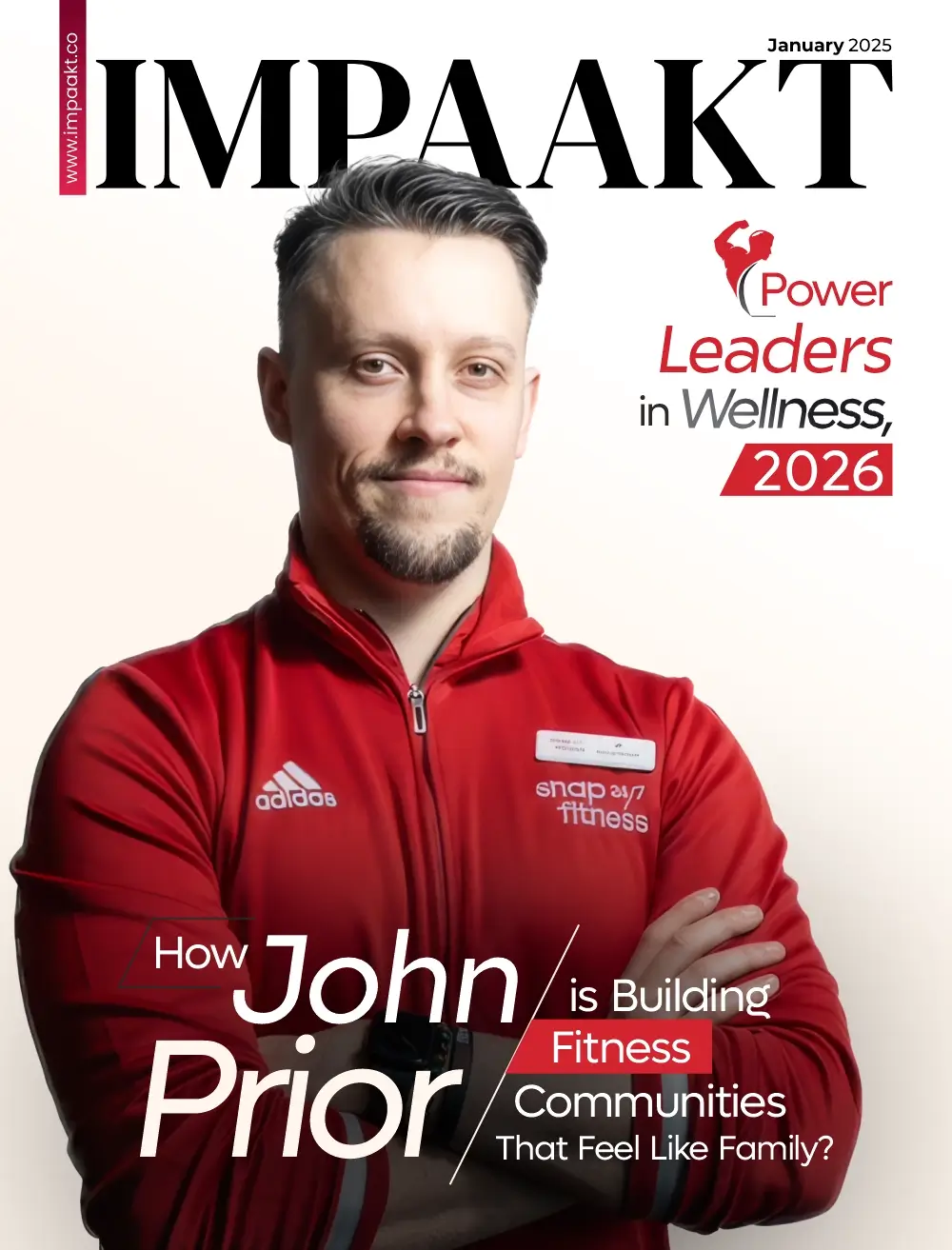In 1986, a 29-year-old journalist found himself in the lobby of a Scottish hotel, depleted by alcohol and overwork, experiencing what he now describes as “a full-on psychotic breakdown.” This was not a minor setback—it was a complete unraveling. The man was Alastair Campbell, then a rising star in British journalism. That five-day stay in Glasgow’s Ross Hall Hospital could have been a career-ending moment. Instead, it became the foundation for one of the most powerful mental health advocacy movements in corporate and political leadership.
The Power Player Who Chose Honesty
Most executives who reach the heights Campbell achieved—Director of Communications for a UK Prime Minister, architect of election victories, the man dubbed “the real deputy Prime Minister”—guard their vulnerabilities like state secrets. Campbell did the opposite. He became one of the first high-profile public figures to speak candidly about mental illness, addiction, and breakdown at a time when such admissions were considered career suicide.
Born May 25, 1957, in Keighley, West Yorkshire, Campbell’s trajectory seemed destined for success. He studied modern languages at Cambridge’s Gonville and Caius College, earning an upper second-class degree. He joined the Mirror Group training scheme and rapidly ascended through British journalism, becoming political correspondent at the Daily Mirror in 1982, then moving to Today newspaper as news editor in 1986.
But the rapid rise extracted a price. The stress led to severe alcohol abuse. During a tour of Scotland with MP Neil Kinnock, Campbell collapsed into a nervous breakdown. The diagnosis was clear: alcohol dependency and depression.
The Turning Point: Choosing Recovery Over Silence
What happened next defined Campbell’s legacy beyond politics. After psychiatric treatment, he made a decision that would prove revolutionary: he stopped drinking—and never stopped counting the sober days. He didn’t hide his breakdown. He confronted it, sought treatment from his family doctor, and eventually transformed his crisis into a mission.
Campbell returned to journalism, becoming political editor at the Daily Mirror. But his real transformation came in 1994 when Tony Blair, newly elected as Labour Party leader, recruited him as press secretary. Campbell didn’t just accept—he brought his whole self, mental health challenges included, to the role.
Building New Labour, Redefining Leadership Communication
Campbell’s impact on British politics is undeniable. He coined the term “New Labour” and wrote the speech that led to the party’s transformative review of Clause IV. Working with Peter Mandelson, he coordinated Labour’s landslide 1997 general election victory—ending 18 years of Conservative rule.
As Blair’s chief press secretary and later Director of Communications, Campbell revolutionized government communications. He put Downing Street briefings on record for the first time. He created a Strategic Communications Unit and pioneered rapid rebuttal strategies. He became one of the most high-profile figures in British politics, known for ruthless news management and strategic brilliance.
His influence extended beyond domestic politics. Campbell was integral to the Good Friday Agreement negotiations in Northern Ireland. During the Kosovo War, US President Bill Clinton seconded him to overhaul NATO communications, with General Wesley Clark crediting Campbell with bringing order to the alliance’s messaging.
He orchestrated Blair’s successful 2001 re-election campaign and remained influential through multiple election cycles. Throughout, he kept detailed diaries—reportedly totaling two million words—providing unprecedented insight into political power.
The Bold Pivot: From Spin Doctor to Mental Health Champion
But Campbell’s most important work began after his 2003 resignation from Downing Street. While others might have retreated into lucrative consultancy, Campbell made mental health advocacy his central mission.
In October 2008, Campbell did something extraordinary: he broadcast his personal mental health story in a BBC documentary titled “Cracking Up.” The program was designed explicitly to reduce stigma—a radical act for someone at his level of political prominence.
He didn’t stop there. Campbell became an ambassador for Time to Change, the UK’s leading mental health anti-stigma campaign. He wrote extensively about depression, publishing “All in the Mind” (2008) and “Living Better: How I Learned to Survive Depression” (2020). His book “The Happy Depressive: In Pursuit of Personal and Political Happiness” (2012) offered practical insights on managing mental health while pursuing professional excellence.
In 2019, he presented “Alastair Campbell: Depression and Me,” a BBC documentary exploring different coping mechanisms—bringing his characteristic directness to a subject most leaders avoid.
Breaking Barriers in Boardrooms and Beyond
The recognition followed. In November 2017, the Royal College of Psychiatrists made Campbell an honorary fellow—acknowledging his work in breaking down stigma and promoting psychiatry’s importance. The honor was unprecedented for someone outside the medical profession.
Campbell’s advocacy expanded globally. In 2019, he was appointed global ambassador to Australians for Mental Health, making media appearances worldwide and arguing that mental health transparency is essential for effective leadership.
His brother Donald, who suffered from schizophrenia and died in 2016, inspired Campbell’s relentless push for better mental health services. Campbell has stated publicly that Donald’s struggle motivated his determination to fight for understanding and resources.
The Business Case for Vulnerability
For corporate leaders and business executives, Campbell’s journey offers a powerful model. His career demonstrates that acknowledging mental health challenges doesn’t end careers—it enhances credibility, builds trust, and creates psychological safety in organizations.
Campbell continues his communications work as editor-at-large of The New European, chief interviewer for GQ, and consultant strategist to governments worldwide. In 2022, he launched “The Rest Is Politics” podcast with former Conservative MP Rory Stewart, which became the UK’s top politics podcast. His 2023 book “But What Can I Do?” became a number-one Sunday Times bestseller while his podcast simultaneously topped charts—proving his continued influence.
Leading by Example
Campbell has consulted for governments from Albania to Kazakhstan. He advised Emmanuel Macron’s successful En Marche campaign. He speaks globally on strategy, communication, and mental health. Throughout, he maintains transparency about his ongoing depression management—demonstrating that mental health is not a problem solved once but a condition managed continuously.
His approach is pragmatic, not performative. He discusses medication, therapy, exercise, and coping strategies openly. He talks about relapses and recoveries. He normalizes what too many executives hide.
The Legacy: Permission to Be Human
Campbell’s influence extends far beyond policy wins or election victories. He fundamentally changed what’s acceptable for leaders to discuss. By being the first to speak openly, he made it safer for others to do the same.
For businesses facing mental health crises among employees—with productivity losses, retention challenges, and workplace culture issues—Campbell’s model is instructive: transparency reduces stigma, openness enables support, and authenticity builds trust.
The former spin doctor’s greatest communication achievement wasn’t selling a political party—it was selling the idea that leaders can be vulnerable, honest about mental health, and still be effective. Perhaps more so because of it.
Alastair Campbell proved that the most powerful message a leader can send isn’t one of invincibility—it’s one of honest humanity. That breakthrough is still breaking barriers worldwide.











